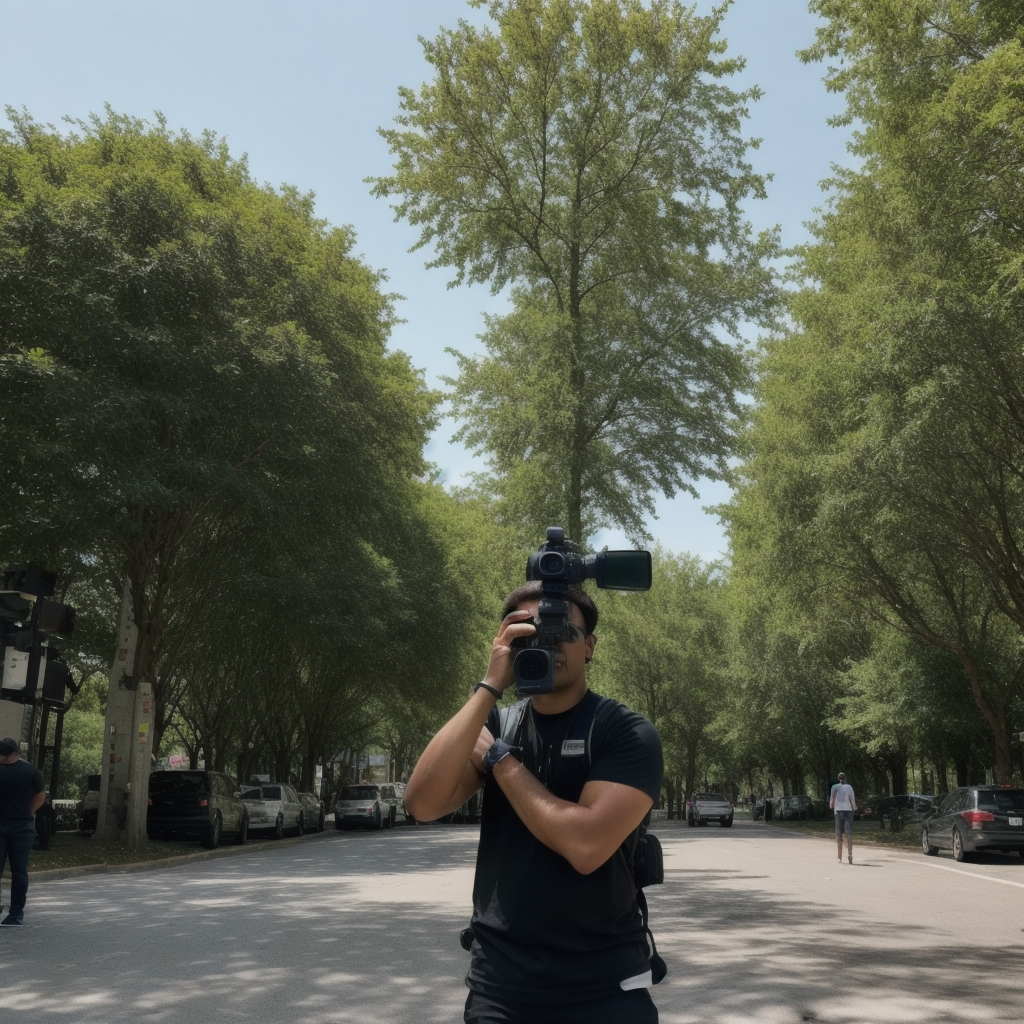
Digital Wars: The YouTube “No Revenue” Drama in Palestinian Territories
Key Points
- Revenue sharing for creators on YouTube and other Google services is controversially inaccessible in Palestinian territories.
- Gaza war brings the digital divide issue under a harsh spotlight.
- Oppressed Palestinian YouTubers are thus losing potential earnings.
- Google seems to be playing into the perpetuation of unjust tech barriers.
- The digital divide widens the socio-economic gaps created by the physical conflict.
- Solutions are needed to ensure digital accessibility and equity for all.
More Than Meets the Eye
In a world that’s increasingly becoming defined by the dichotomy between the “haves” and the “have nots,” YouTube and other services by the multinational tech giant, Google seem to have drawn the line at Palestinian territories. The proverbial wall, a gatekeeper for economic opportunities swirls into sharper focus as war devastates Gaza, raising fresh questions about the controversial digital divide.
Power, Politics, and Pixels
In a strangely twisted web of power, politics, and pixels, Google’s technology seems to inadvertently aid in the perpetuation of digital barriers. The revenue sharing for creators on platforms like YouTube, Google Play, and other commercial services is starkly contested in Palestinian territories. As a result, oppressed Palestinian YouTubers and tech enthusiasts do not have access to earning potential that their global counterparts enjoy.
The Digital Divide: A Silent War Of Its Own
While the rest of the world enjoys a digital democracy, some pockets of our global neighborhood, sadly, are forced to survive in the void of a digital divide. The ongoing war in Gaza, which has caused tragic loss of life and infrastructure, has served as a chilling reminder of inequities digital and otherwise. Terrifying physical warfare? Check. Crushing digital divide? Check. Oh, the painful ironies of the 21st century!
Palestine’s Silent Plead
As unheard pleas for help echo amidst the ruins of war-torn Palestine, the digital conversation is a poignant reminder of the widening socio-economic gaps. This disenfranchisement is highlighted by the inaccessibility of even basic tech resources that most of us take for granted.
Immediate Solutions Needed
More than ever, solutions are urgently needed to address this unjust discrepancy and accommodate the right to digital resources for all – regardless of one’s geographic, socio-economic, or political standing.
The Rubik’s Cube
This issue, much like a Rubik’s cube, involves several interconnected and complex facets. The Palestinian territories’ scope of challenge lies in the coordination and synchronization required in the realms of global politics and tech capitalism to ensure the rights of every digital citizen are upheld, are indeed recognized.
Final Hot Take
In nearly 200 words or more, here’s the crux of it: When the digital world suddenly switches off, you feel powerless, right? For the Palestinians, it’s been their reality for far too long.
In this age of internet globalization, it’s not just about who has the bigger and shinier tech toys. It’s about equal access to digital platforms – the bread and butter of the 21st century. We mustn’t call ourselves a digital society if we continue to allow, seemingly passively, these Internet inequalities to persist.
Google and other tech giants, while leading innovation, also have a responsibility to lead change. The corporate responsibility shouldn’t merely stop at creating ingenious technology but also ensuring that it is equally accessible.
This ongoing digital exclusion of the Palestinian territories should stir action, conversations and spearhead changes. It’s not just about monetizing channels on YouTube; it’s about freedom, inequality, and justice in accessing the vast digital landscape. It doesn’t just fuel innovation; it fosters individual growth, societal development, and united global progress.
So, in essence, Google, tear down this digital wall! It’s high time we changed the whole narrative from a dark and unfortunate “error 404” to a much brighter and promising “access granted.”